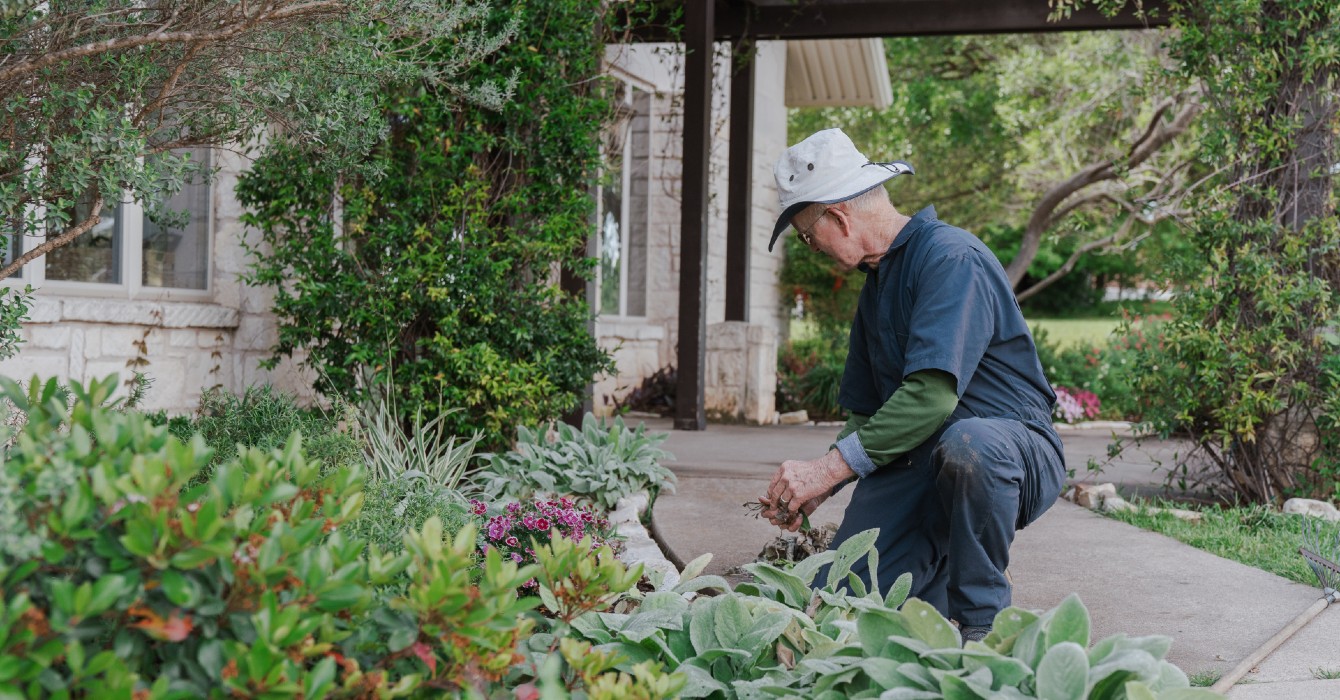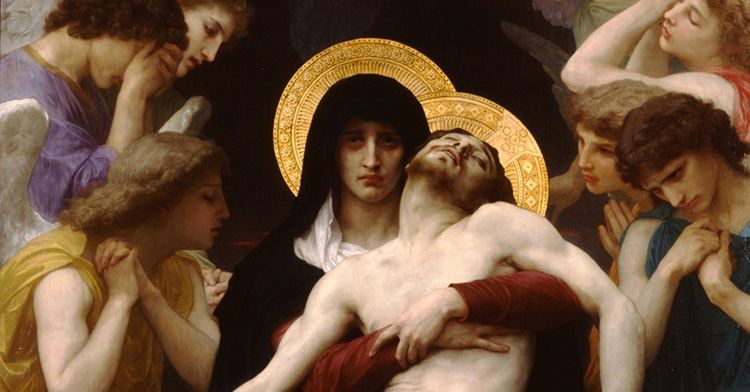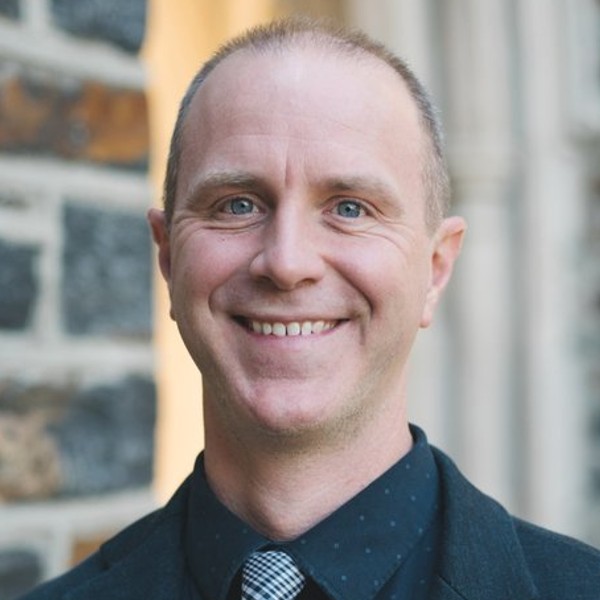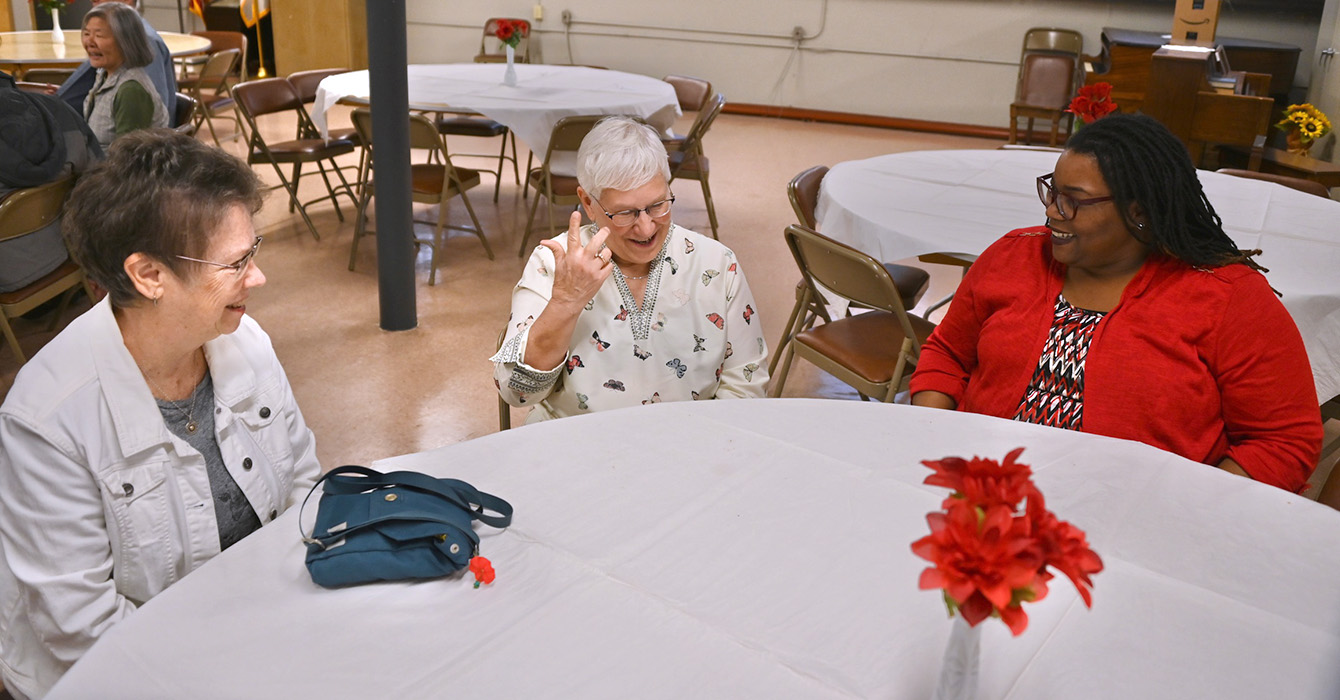“The Gifts of the Small Church” is a forthcoming memoir of writer Jason Byassee’s two years in pastoral ministry. He argues that, despite popular discourse, local churches are not the problem. Whatever ails the church today, he says, local churches are part of God’s solution.
In a chapter titled “God, Who Gives Life to the Dead and Calls into Existence Things That Do Not Exist,” Byassee paints a picture of “Beech Grove” United Methodist Church -- its rural environment, its lay leaders and its young pastor whose mind is filled with questions about his ability to lead. Beech Grove is not the church’s real name; names of congregants have been changed, too.
My first trip to Beech Grove was as a visiting preacher. I lazy-day’d down winding Beech Grove Road with no idea how many times I would burn down that road at hazardous speed over the next two years, lest my church start worship without me and learn just how dispensable I was. The grove is, indeed, surrounded by trees, but not actually beeches, more pines. Methodists like naming things for geography. Incorrect geography. My wife grew up at Sierra Vista UMC in San Angelo, Texas. “Sierra Vista” means “Mountain view” in Spanish. There are no mountains in this part of West Texas. In a land as flat as thin paper, there is a view, I guess, just not of much one would want to look at. Maybe we like naming ourselves after somebody’s geography. Just not ours.
Driving in for that first guest gig, I noticed the goats across the street, the veranda-fronted mansions, the crumbling adobelike structures, the grinding gap between rich and poor in one of North Carolina’s poorest counties. And I noticed the humble, unassuming, but confident red brick, white-columned Beech Grove UMC. Its people were friendly, not smarmy, but inviting. The music was spiritually serious, good even, as its dedicated musicians pounded out Jesus hymns on the piano. One of the blue-clad choristers whom I would come to call “the blue people” was named Alan Jackson. “Really? You must like country music,” I said, wincing, sure he’d heard this joke twice that morning already.
“What do you mean?” His blank face told me that Alan is a straitlaced guy, and apparently no fan of country music. He never did like my jokes.
The church was great that Sunday. They (except for Alan) laughed at the jokes and nodded at the profound stuff. I’d had a great time, dressing up like an important person, preparing all week to say words that mattered, doing so with aplomb.
But the then-pastor stiffed me on the payment -- promised me fifty bucks, which never came. Dang. Twenty hours of preaching preparation (or ten. OK, four) wasted. (My closest friend as a parishioner, Mamie, tells the story differently. She claims I said, “The chance to preach is all the payment I need.” I’m sure I said something meant to indicate the money wasn’t the most important thing to me, but to remember me saying something that pious is grading on the curve. “You had my heart then,” she says. Do you see what grace they dole out in such places?)
Now I’d be back as pastor. I guess I was going to get them to pay me one way or the other. It was my first meeting with the committee that greeted me, and Kate was among the people there. “I want to rest under the weight of this,” I said, as Kate smiled and nodded. The others mostly eyed me warily, but Kate was supportive right away. She would remain one of my biggest sources of constancy. We had no idea her daughter would almost die in a car wreck a few years later, after I left the church. Life has that odd way of being lived forward and only being intelligible backward.
One Sunday I was preaching away when I noticed one of the older couples in front of me in some distress. Elizabeth was trying to wake her husband, whose dozing during my sermons was not uncommon, but whose inability to wake up was.
“I’m going to call a time-out,” I said. “Elizabeth, do you need some help?”
“I think I do.”
The church leapt into action. Some of it was haphazard -- like all of my actions. Where should I stand? Up here at the pulpit? Down there near the people? Do I take my robe off? Why was I thinking about this so much? No one else was noticing how worthless I was. What difference did it make where I was worthless?
Kate was anything but worthless. Her training as a nurse was perfect. Someone went to get her in the nursery, where she spent far more time caring for others’ kids than anyone had ever done for her. She wasn’t keeping score.
“Jonathan!” She hollered, all but ordering him to wake up. “He’s got a pulse. Jonathan!” Now to me: “Call 9-1-1!” Ah ha! Something I could do.
Jonathan was fine. He faints sometimes. He did that day in church. He’s over ninety now, one of the oldest men in the church. He and Elizabeth married when he was a teacher and she a high school student. These days that sort of thing would get you locked up. Back then it made them the county’s it-couple of the year. It didn’t hurt that Elizabeth was a looker. Still is. I told her so once, that she was a beautiful older woman (can’t remember why I thought this was a good idea). Next time she saw me was in the grocery store. “Hi, handsome,” she said. I blushed. Loud.
Kate was in charge of the church that day, more than any preacher or other attender. She’s in charge of her house, her professional life. But her daughter was outside her grasp that night on the narrow roads of the county highways. Her daughter was lucky to live, and even to recover fully. “You probably think it’s funny that I have purple hair,” she told me when I went back once. Funny what she thought I would be thinking about. I was just glad I hadn’t been asked back to do her funeral.
The night of that first meeting with the committee, all these unknowns of fragility and grace were yet to come. I had no idea that Kate would burn herself so deeply into my memory when she nodded and smiled politely at that introductory meeting. And we got to know each other probably less than I got to know anyone else in the room.
On the way out of church after the emergency, Bob shook my hand, did the obligatory thanks for the sermon, heard me admit to being a bit distracted delivering it (the sounds of EMTs and their CBs in the next room will do that to you). “You’re a good leader,” he said, delivering the undeserved compliment I least expected. I’ve already said how useless I felt -- be-robed up there at the pulpit, unable to revive anybody. All I did was notice Jonathan was asleep and Elizabeth was having a harder time waking him than usual. I called a halt to worship and people went running to find Kate. I felt like a second appendix.
But maybe that’s what leadership is, in the church or outside. Noticing. Calling a halt when necessary. And then getting out of the way of people who know what they’re doing. I’ll take Bob’s word for it.
And I am glad we kept going with worship, even with Jonathan being worked on next door. When I go down someday, I hope it’ll be in church. I hope they’ll keep singing. How much sweeter a sound is that than the beeps and crackles of machines. It’s reason enough to want to increase the number of hours one spends in church per week, just to up the likelihood a little.
Excerpted from The Gifts of the Small Church, copyright © 2010 by Abingdon Press. Used by permission. To order, call 1-800-672-1789 or visit www.cokesbury.com.















